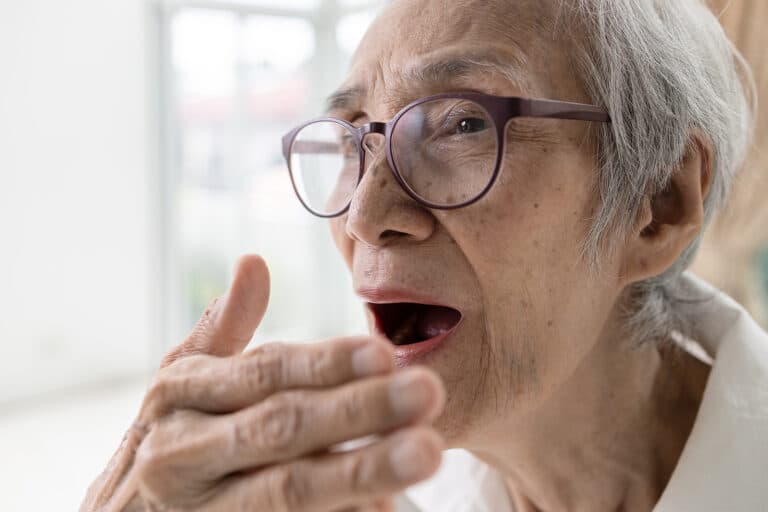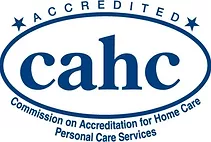Most of us get a bit of bad breath occasionally. It may be that we had too much garlic with our dinner or we’re feeling under the weather, but it comes and goes easily with some teeth brushing and perhaps a mint or two.
Why Does Bad Breath Occur
For elderly individuals, bad breath may become chronic. Bad breath, also known as halitosis, occurs when bacteria and/or food particles build up in the mouth and begin to omit a noxious odor. It can be completely undetectable to the person with bad breath but get too close and others nearby will sure notice it and be affected by it. Sometimes it can be so bad, it makes being near the person uncomfortable, causing others to shy away from conversations.
Five Causes for Bad Breath in the Elderly
While there can be many reasons for bad breath, your elderly loved one may have some risk factors that will lead him to have bad breath more often and more severely. Learning about the causes of bad breath can help you help him find solutions.
Dry Mouth
Dry mouth is fairly common in elderly individuals as the saliva glands often slow down as we age. One of the many jobs of saliva is to keep the mouth clean by washing away bacteria that can lead to gum disease and bad breath. Without adequate saliva flow, halitosis often occurs. Some medications can increase the chances of your loved one developing dry mouth.
Being Dehydrated
Combine a slower saliva production with chronic dehydration and the mouth becomes a desert where odors can thrive.
Gum Disease
Without proper brushing and flossing, periodontal disease (or gum disease) may develop. The environment in the mouth becomes a host for bacteria that may cause bad breath. And as the gums recede, more spaces open up between the teeth for food to lodge and harbor those after-meal smells like onions and garlic.
Long-term Lifestyle Habits
Habits like smoking, and drinking a lot of coffee or wine, can lead to bad breath. So can consuming certain foods that are strong smelling and linger in the mouth.
Dentures
Many elderly individuals don’t realize the importance of consistent cleaning and taking care of their dentures. They may feel like since they don’t need to worry about cavities anymore, they don’t need to clean their mouths as much, but dentures can hold onto smells and bacteria that will lead to halitosis.
Personal Care at Home Can Help Your Loved One Fight Bad Breath
For some individuals, they may need help with personal care tasks such as brushing their teeth or taking care of their dentures. A personal care at home provider can help your loved one with his oral care so that not only his breath stays fresh, but his mouth stays healthy. A personal care at home provider can help clean dentures, assist in flossing if needed, and even help your loved one stay on top of his hydration to reduce dry mouth. They can be a great partner in your loved one’s health care. Your loved one may just need a bit of assistance and before you know it will have fresh breath again in no time.
If you or a senior loved one needs personal care at home in West Orange, NJ or surrounding areas, please contact the caring staff at Adult Alternative Home Care today. (888) 664-1769
- Home Care Assistance Can Help Seniors Manage Self-Care Tasks - April 24, 2025
- The Superfood You Shouldn’t Miss - April 9, 2025
- First Home Care Visit? Here’s The Inside Scoop - April 9, 2025


